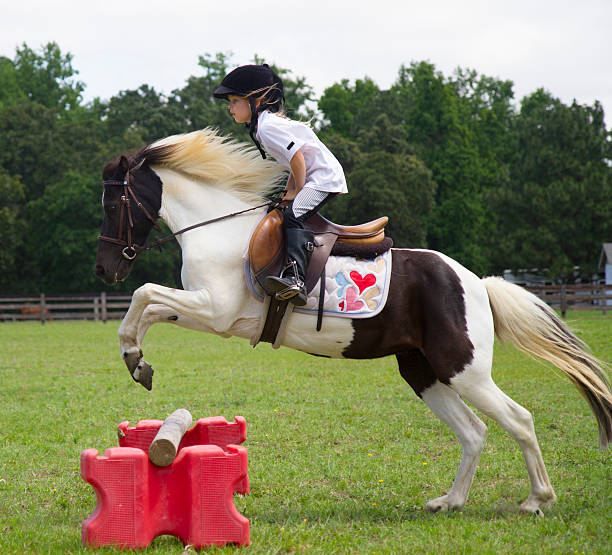While handling the animal can be difficult, the training phase is the best time to develop a strong bond with your pet. Since horses are intelligent creatures, teaching them how to behave is less complicated than you might think.
You only need to know the basics of equine handling to get started right and
make sure your pet follows your commands.
Here are some foolproof equine training tips that you can use as a new horse owner.
1. Make a training plan
Starting with a training plan puts you in a good place to successfully complete the project.
I create a detailed step-by-step plan with manageable timelines.
Also, write down your goals, methods and commands you want the animal to practice over time.
Decide if you want to focus on clicker training or physical riding. While planning things is vital, have a flexible mindset as you may need to slow down or repeat some exercises.
2. Follow a routine
Horses are creatures of habit, so they are more comfortable with routines.
Choose the ideal time for the sessions and stick to the same daily schedule. The appropriate training time varies from animal to animal.
Some equines do well after a good meal, while others enjoy exercising before meals.
Try to understand when the animal is happiest to exercise because doing so
ensures peak levels of energy and motivation.
3. Have a positive body language
Equine training is as much about yourself as it is about the animal. A positive body language makes the
horse comfortable with the trainer as he can read your posture, gestures and hand movements.
The experts at the Equine Institute recommend that you approach the animal calmly and confidently.
The last thing you should do is show an aggressive attitude because the horse will instinctively back off and refuse to cooperate.
4. Bonding is critical
Good bonding is a critical aspect of a successful equine training strategy, as is your body language. It makes the animal feel safe and happy in your company.
Once you develop mutual trust , obedience and discipline follow naturally. Talk to the horse soothingly and stroke it before starting the action.
Take the time to make a friend of it instead of jumping right into training.
Reward the animal with encouraging words, but avoid using food for positive reinforcement.
5. Working with a professional
Horse training has its share of challenges and you can’t expect it to go smoothly, no
matter how hard you try.
Additionally, handling a noisy equine as a beginner can be dangerous. It makes sense to work with a professional trainer initially to discipline the animal.
They can guide you and answer your questions to make sure you’re ready to take over. Equestrian sites, online videos, books and DVDs can also help.
Although horse training is hard work, you can easily succeed with the right approach. I focus
on behavioral aspects other than physical training and discipline. You will have an obedient
horse without much effort..
